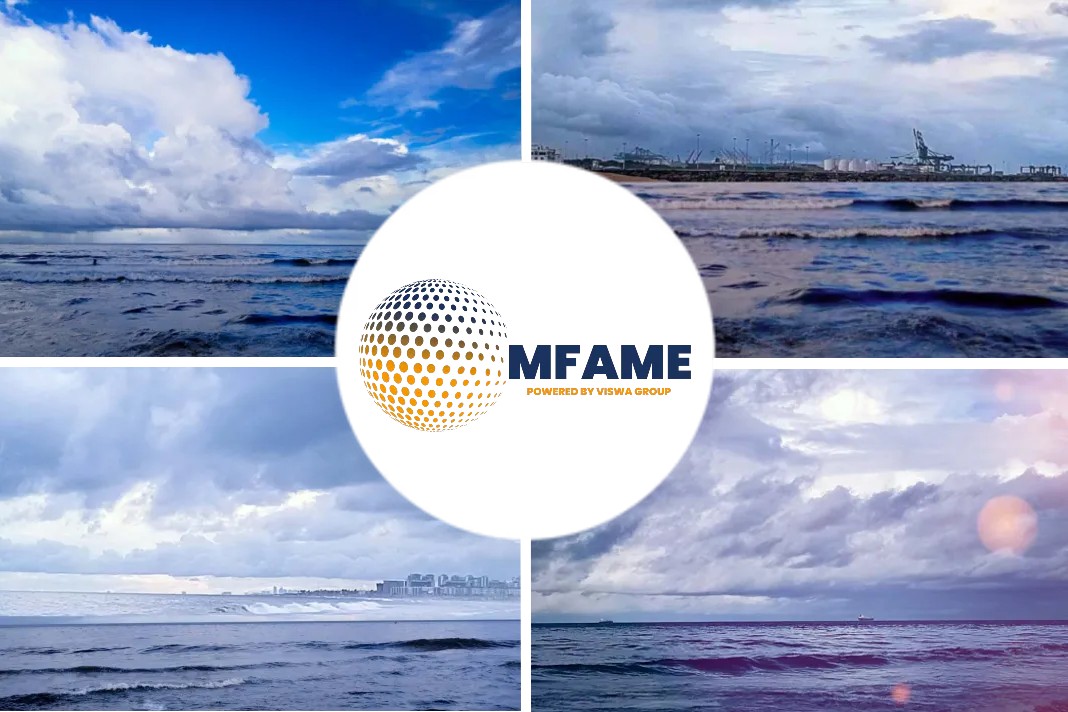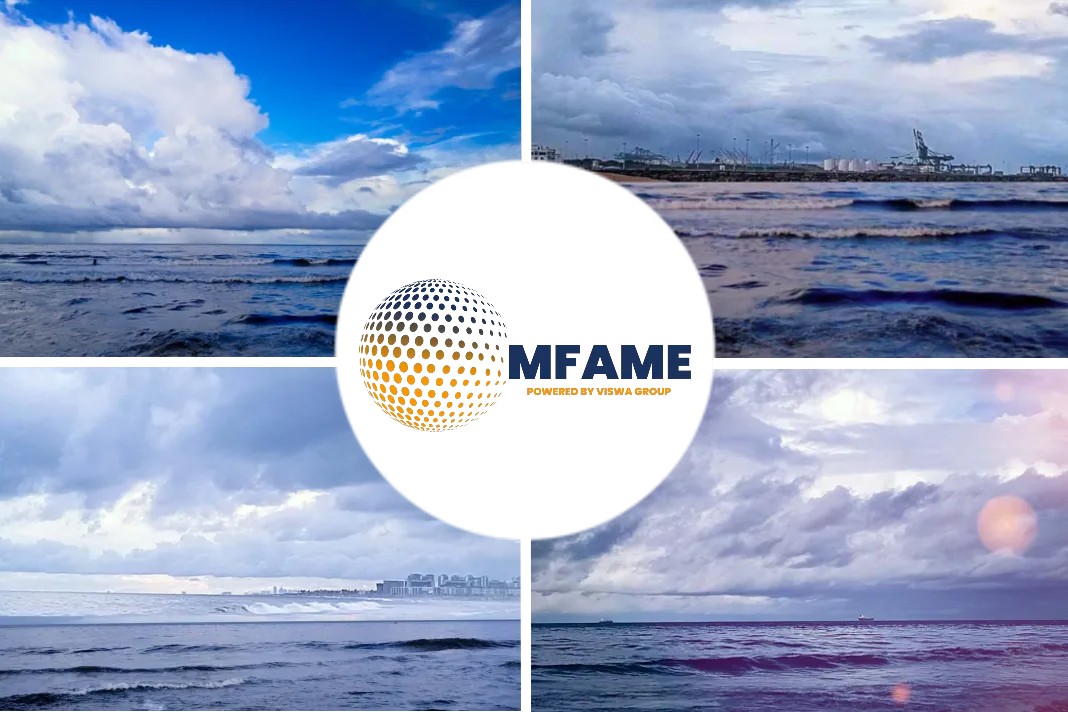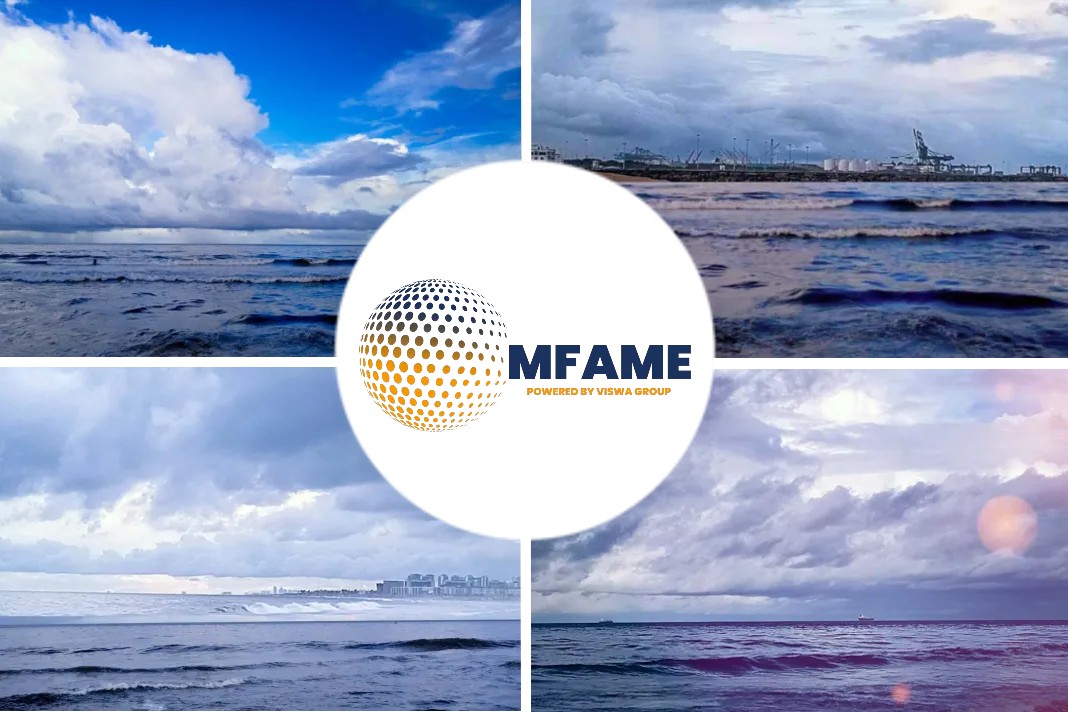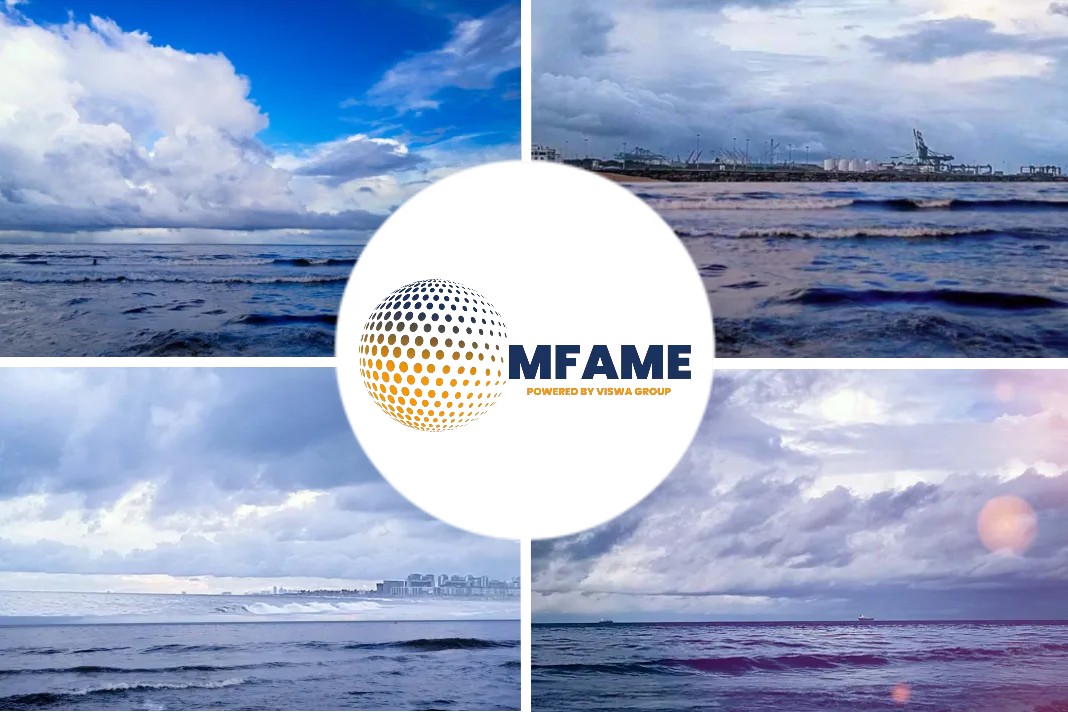- The OCIMF is including a remote vessel inspection option as a temporary tool within its Offshore Vessel Inspection Database (OVID), the inspection protocol for offshore vessels.
- The option to use remote inspections within OCIMF’s Ship Inspection Report (SIRE) programme was successfully rolled-out in August 2020, following a robust management of change process.
- OCIMF advises that the remote vessel inspection option should be used as an additional option to enhance data collection where physical inspections are not possible due to COVID-19.
The Oil Companies International Marine Forum (OCIMF) has extended the use of remote vessel inspection to its Offshore Vessel Inspection Database (OVID), reports Marine Insight.
SIRE programme
The option to use remote inspections within OCIMF’s Ship Inspection Report (SIRE) programme was first rolled-out in August, due mainly to the coronavirus pandemic that has severely restricted physical inspections as a result of travel restrictions and concerns over health and safety.
“The reality is that disruption to vessel inspection regimes caused by COVID-19 will unfortunately continue for some time, and as an industry, we need to respond effectively and pragmatically,” said Rob Drysdale, managing director of OCIMF.
He added, “We have taken the step to offer a remote inspection option within our inspection programmes as a way of providing an additional safety-net to ensure that the highest standards of safety and best practice are maintained.”
Remote inspections for data collection
He further said, “The inclusion of remote inspections as an additional tool in OVID follows very careful review and consideration by OCIMF, our members and partners.”
The consensus opinion is that remote inspections provide a means for enabling data collection in exceptional circumstances where physical inspections are not possible due to COVID-19 and where existing inspection reports may not be sufficient as deemed by a submitting company.
“The selection and use of remote inspections are, however, entirely voluntary. It remains the prerogative of the OVID Submitting Company and Programme Recipient to decide whether or not to use or accept them,” Rob concluded.
To support OVID program users and inspectors, OCIMF has updated its Guidelines for Remote Inspections under OCIMF programs.
To view the full guidance, visit www.ocimf.org
Did you subscribe to our daily newsletter?
It’s Free! Click here to Subscribe!
Source: Marine Insight





















